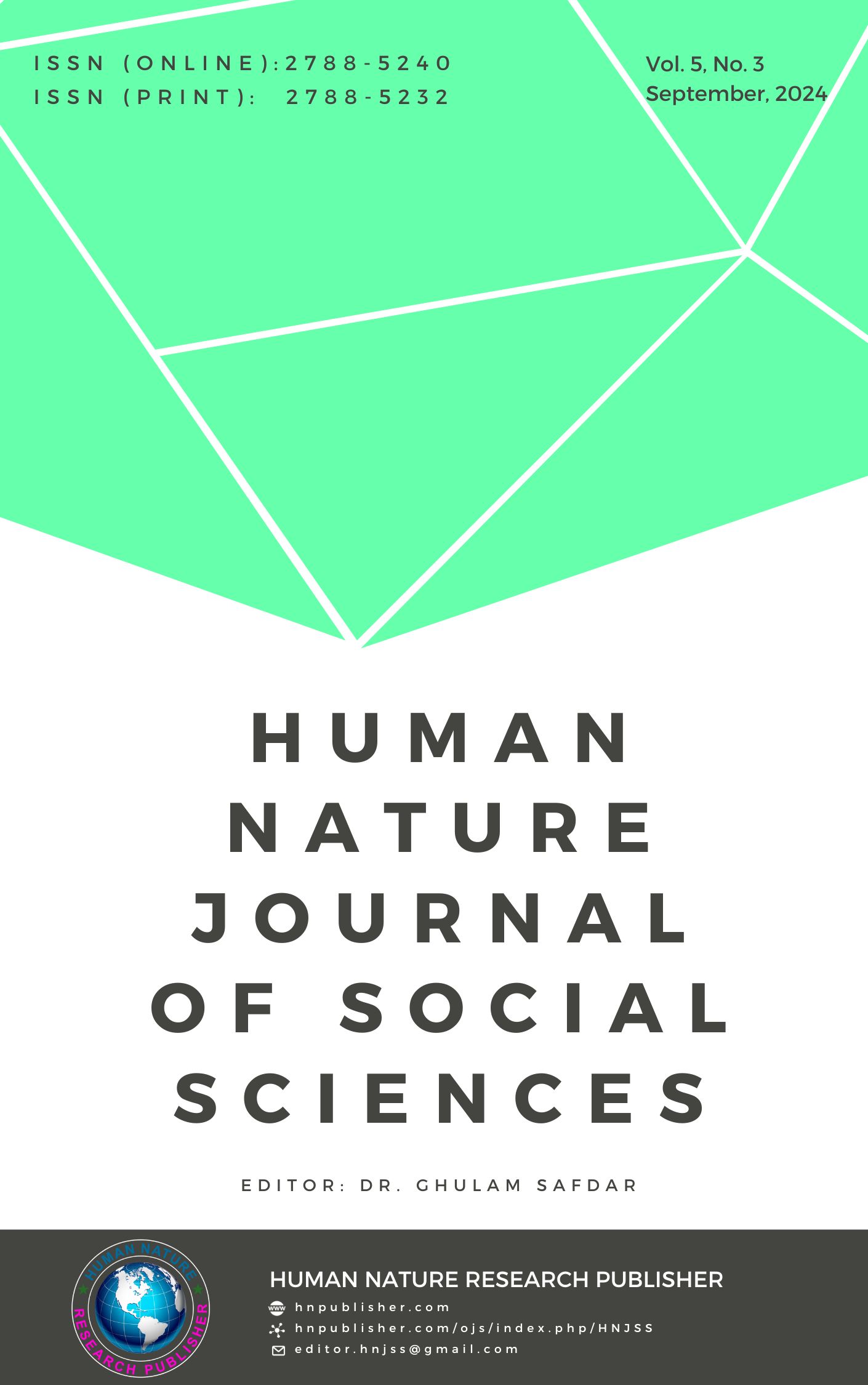Cognitive Drive Shapes Media Consumption Patterns among Academics in Pakistan
DOI:
https://doi.org/10.71016/hnjss/w0a95w45Keywords:
Gratifications Sought, Consumption Needs, Cognitive Drives, Media AcademicsAbstract
Aim of the Study: This study investigates how cognitive drives influence media consumption patterns among mass communication academics in Pakistan. Employing Uses and Gratifications theory as a conceptual framework, the research examines the ways in which intellectual curiosity, professional development needs, and social interaction motives drive media usage within the academic community.
Methodology: This study has adopted a cross-sectional research design to collect data from 160 respondents through an online survey questionnaire. Target population for this study is academics from different universities in Pakistan specializing in media-related fields. Media academics include professors, associate professors, assistant professor and lecturers involved in teaching, research, and academic activities on media studies, journalism, communication, and related disciplines. Target population is comprised of academicians from various universities located throughout Pakistan from different regions, provinces, and cities across the country.
Findings: The findings reveals that in Pakistan, electronic news media is primarily used by media academics for cognitive needs because they are more interested in acquiring new information and knowledge rather than satisfying other emotional or social needs. Conversely, print media, despite its declining readership, remains heavily focused on information acquisition, highlighting its minimized role in addressing emotional or social needs. Online news media reinforced this trend, with cognitive needs driving consumption far more than affective or escapist motives for media academics in Pakistan.
Conclusion: This study concludes that the need for information and knowledge make most people resort to electronic news media. Print would be of greater relevance to those mainly seeking informational content. The results support the premise that what drives most people to online media is cognitive gratification; affective and escapism motives.
Downloads
Published
Issue
Section
License
Copyright (c) 2024 Naeem Ullah Tariq, Dr. Muhammad Yousaf (Author)

This work is licensed under a Creative Commons Attribution-NonCommercial 4.0 International License.








